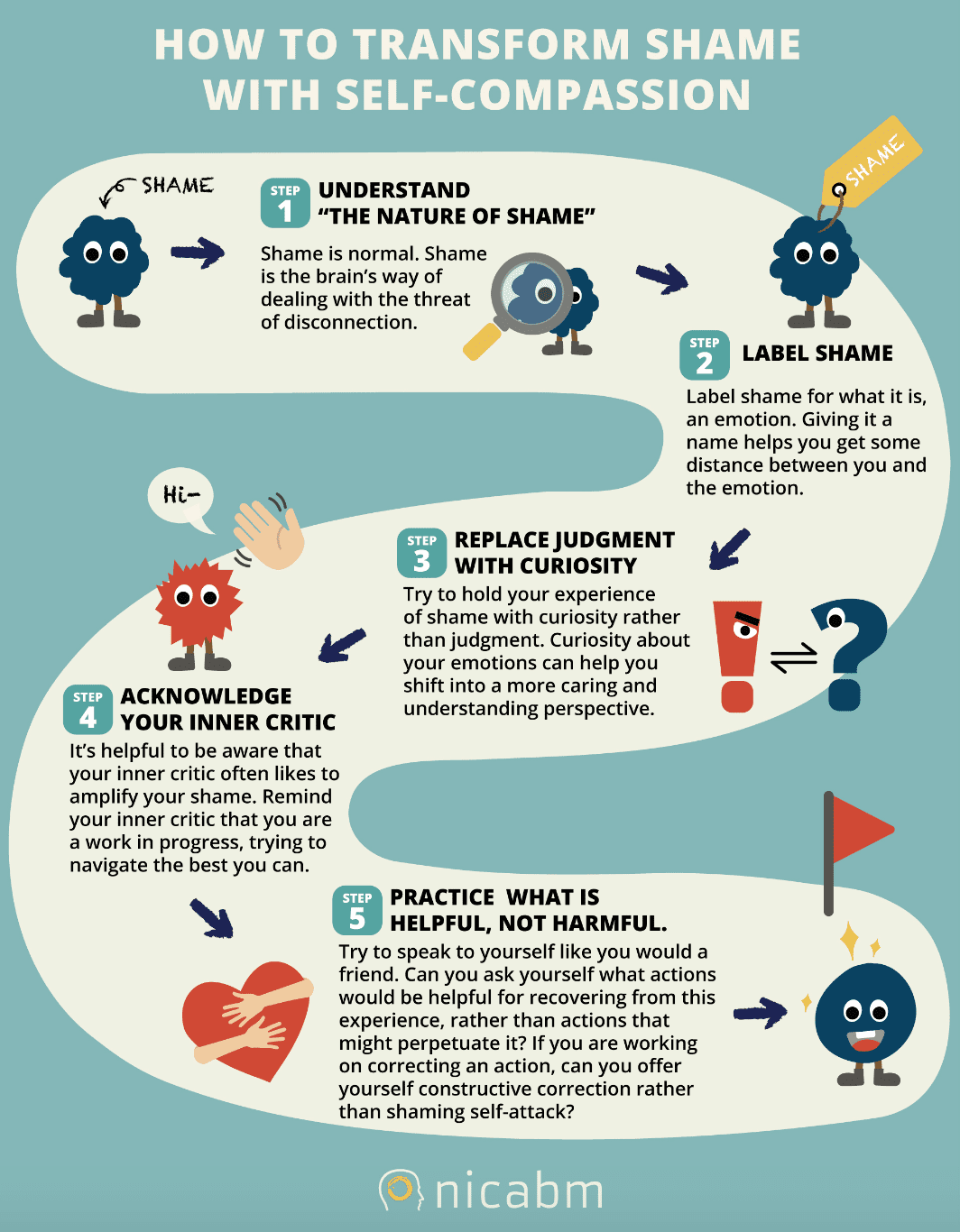-
Couples counselling
Sometimes a shift occurs in the consultation room when a couple moves from couples counselling to separation counselling. Brian Appleby writes that ‘separation counselling takes place when one person, or both, recognises, albeit in many circumstances reluctantly and sadly, that reconciliation is no longer viable’. I find that this movement often surfaces as an ebbing realisation, rather than a pre-meditated idea. A psychotherapist’s work is to notice this movement, allowing it to rise, holding the tension and presenting the couple with choice. Moving forward a separating couple’s task at hand, often facilitated by their counsellor, will be to plan an exit roadmap. These conversations create significant signposts for a harmonious…
-
I’m stuck. I move on. Am I growing?
Could it be that time stands still and we are the ones moving on? Does ‘we’ include plants and animals? Brick and mortar? Technology? The universe? We get stuck, we retreat, we try again; we repeat; we try differently; hopefully we move on. We grow? Are we in a loop where it seems like growth but it’s just another last day of the year every year over and over again? Is it a spiral? Does it make any difference? Counselling and psychotherapy engage ways of moving on. Furthermore our chances of growing are better when we are joined by a professional, caring outsider walking alongside us. Wishing you a year,…
-
Understanding shame
The average human response to shame is to disengage from it. We don’t understand shame as an invitation to reflect, process and grow, we use it as a lock to the associated events and feelings. Could shame be the brain’s response to the threat of disconnection? What are the links between attachment, shame and anger? Could your understanding of this emotion empower you to live a more liberated life? If you live with a lingering or pounding sense of shame, please contact me. Here an infogram by NICABM.
-
Control Anxiety
We can manage and dare I say control our anxiety by the way we breathe. Let’s look at practicalities first and then I’ll move to briefly explain how it works. Practice Next time you feel the weight of anxiety on your chest try this: Breathe to the count of 7-11. That is 7 counts on the in-breath, pause and 11 on the out-breath. In other words, you exhale for longer than you inhale. I repeat – it is 7 in, pause and 11 out; 7 in, pause and 11 out. Remember to use your diaphragm when breathing. In this regard it is helpful to rest one hand on your stomach…
-
Is psychotherapy effective?
Yes, psychotherapy is effective. It doesn’t come as a surprise that a psychotherapist holds this position does it? How do I motivate this though? Many research studies, around 3000 would you believe (I didn’t count them), show that psychotherapy is effective. Talking therapy is as effective as medication for most mental health problems. In fact it is indicated that it’s best to go to a psychotherapist first before medicating. Very important here is that psychotherapy and medication show excellent results when combined in a treatment plan. I would therefore not support a view where psychotherapy replaces medication across the board. A therapist really has to assess each client’s needs individually.…


